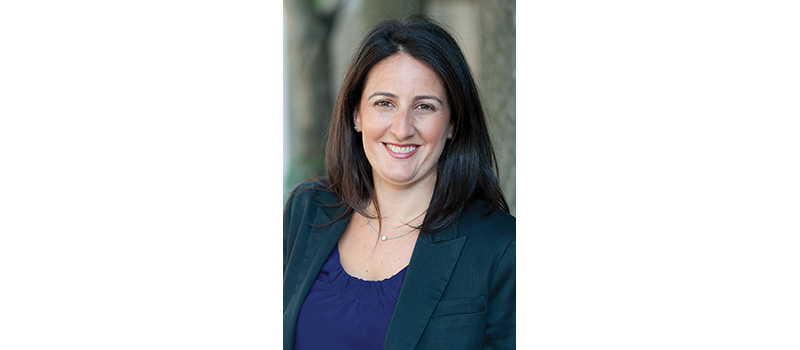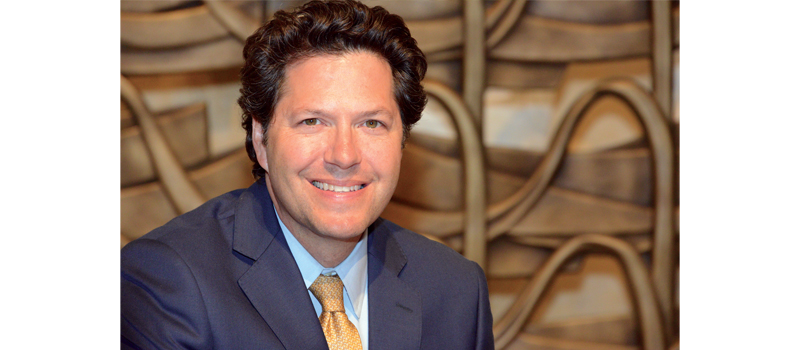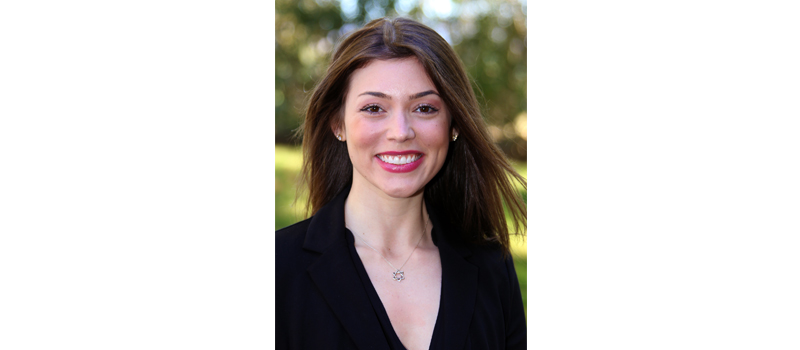by Rabbi Sari Laufer
I saw a question making its way around the internet in the last few weeks—asking people: If you currently held the job that you wanted when you were five years old, what would you be? Apparently, our world would have a lot more firefighters, paleontologists, astronauts, and mermaid ballerinas than it actually does.
In our Torah portion this week, Moses leads the people of Israel through the Sea of Reeds. With an outstretched arm, he confidently guides them to freedom—and then, with pride and joy, leads them in song. While I cannot say for certain, this is probably not the role that Moses imagined for himself when he was five…or even fifteen. When God first asks Moses to be the Divine emissary, Moses says he cannot “for I am slow of speech and slow of tongue.” Whether a stutter, a speech impediment, a different learning style, or something else, our Torah makes clear that Moses sees himself as someone with a disability—it shapes the way he sees the world and sees himself, but it does not hold him back from becoming the leader he is meant to become.
The month of February has, for the past 10 years, been recognized as Jewish Disability Awareness, Acceptance, and Inclusion Month (JDAIM). Over the course of this month, we will share ways in which Wise is working to advance both the structure and the spirit of awareness, acceptance, and inclusion of people with disabilities. As we strive to make our campus and programming ever more inclusive, it also requires our sensitivity and our commitment to making Wise feel like home for people who might seem different from us. This is true all the time; this month, we are focusing on people with disabilities, some of which we can see and some which might be more “invisible.”
We want this month not to be a stand-alone moment, but a way of being. In keeping with our Wise Inclusivity Covenant, we encourage all of us to “Appreciate difference; nurture commonalities.” Whether this is providing a large print siddur or machzor, working with teachers and administrators to meet a child’s learning needs, or making room—and conversation—with someone in a wheelchair, we want to appreciate people for who they are, in their fullness. This week, we learn that Moses and Miriam, together, led all of the people in song. Our song is more beautiful, more powerful, and more meaningful when it includes the voices of everyone in our community.
Shabbat Shalom



